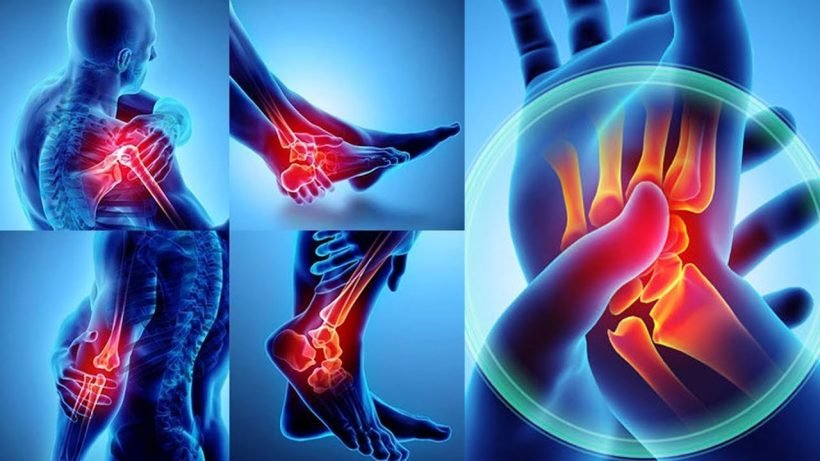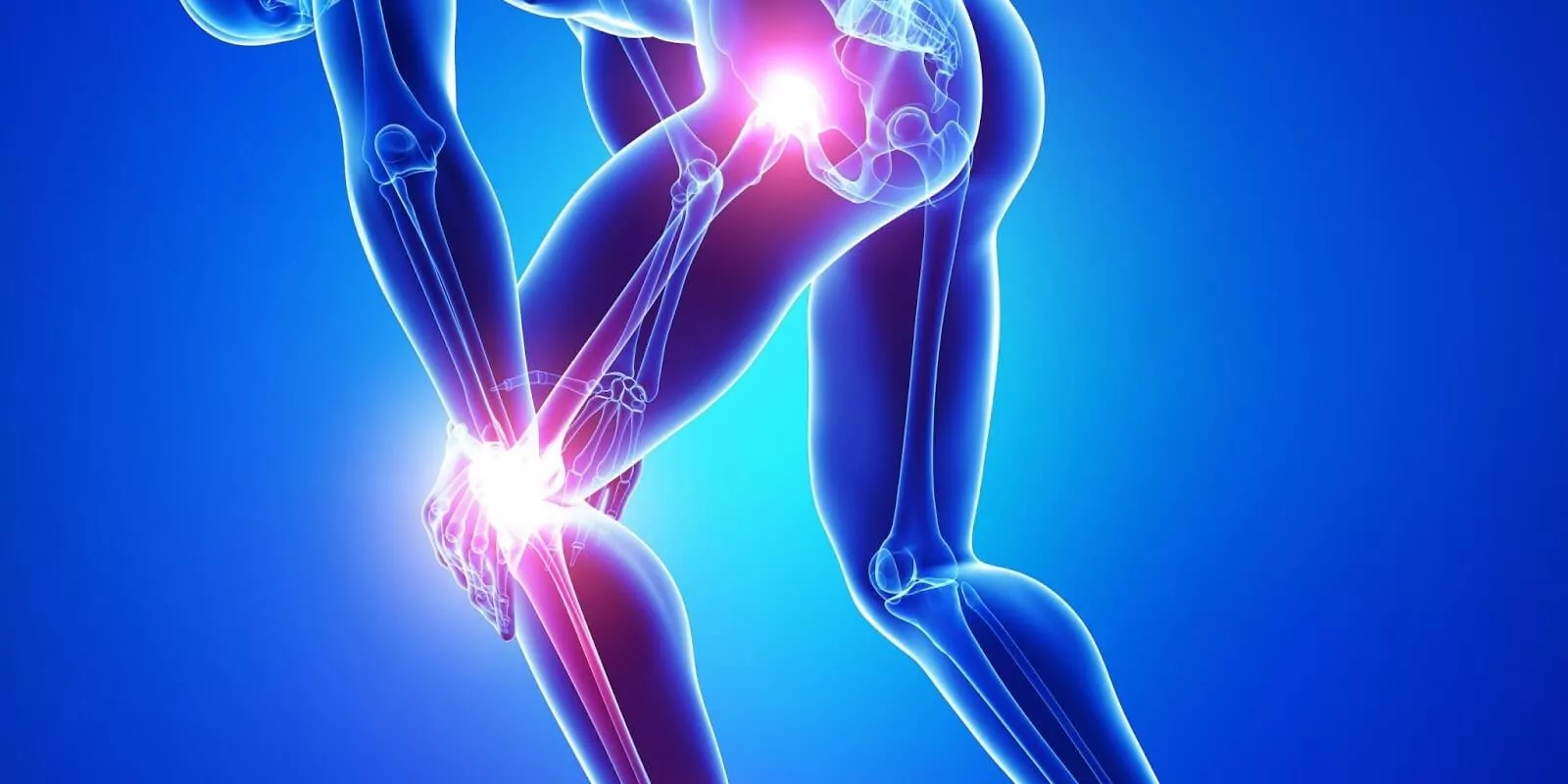Living with chronic pain can be challenging, affecting every aspect of your life. It can make simple tasks seem daunting and drain you both physically and emotionally. However, there are ways to manage chronic pain effectively, allowing you to find relief and lead a fulfilling life. In this article, we’ll explore various strategies and techniques that can help you manage chronic pain and improve your overall quality of life.
Table of Contents
- Understanding Chronic Pain
- Symptoms of Chronic Pain
- Diagnosing Chronic Pain
- Living a Fulfilling Life with Chronic Pain
- Finding Relief Through Medication
- Exploring Alternative Therapies
- Embracing a Healthy Lifestyle
- Seeking Support
- FAQs About Managing Chronic Pain
- Q: What are the main causes of chronic pain?
- Q: How can I find a healthcare provider who specializes in treating chronic pain?
- Q: Are there any support groups or online communities for individuals living with chronic pain?
- Q: What are some tips for managing chronic pain at home?
- Q: How can I talk to my healthcare provider about my chronic pain?
- Q: Are there any clinical trials or research studies for new treatments for chronic pain?
Understanding Chronic Pain
Chronic pain is defined as pain that persists for weeks, months, or even years. It can result from an injury, illness, or medical condition, and it can impact your physical and mental well-being. Chronic pain is often complex, involving both physical and psychological factors. It can also vary in intensity, from mild discomfort to severe, debilitating pain.
Symptoms of Chronic Pain
Chronic pain can manifest in various ways, including:
- Persistent pain that lasts for weeks, months, or years
- Pain that is often described as sharp, shooting, burning, or aching
- Pain that is localized to a specific area or radiates to other parts of the body
- Increased sensitivity to touch or pressure in the affected area
- Fatigue, mood changes, and sleep disturbances
Diagnosing Chronic Pain

Diagnosing chronic pain can be challenging, as it often involves ruling out other medical conditions and conducting a thorough evaluation of your symptoms. Your healthcare provider may perform a physical examination, review your medical history, and order diagnostic tests, such as X-rays, MRI scans, or blood tests, to determine the underlying cause of your pain.
Living a Fulfilling Life with Chronic Pain
Living with chronic pain can be overwhelming, but it’s essential to remember that you’re not alone. Millions of people around the world are living with chronic pain and finding ways to manage it effectively. By adopting a proactive approach to your health and well-being, you can take control of your pain and improve your quality of life.
Finding Relief Through Medication
Medications can play a crucial role in managing chronic pain. Your healthcare provider may prescribe medications such as nonsteroidal anti-inflammatory drugs (NSAIDs), acetaminophen, or opioids to help alleviate pain and improve your quality of life. It’s essential to work closely with your healthcare provider to find the right medication and dosage for you, as well as to monitor for any potential side effects or interactions with other medications.
Exploring Alternative Therapies
In addition to traditional medications, many people find relief from chronic pain through alternative therapies. Acupuncture, massage therapy, and chiropractic care are just a few examples of alternative therapies that can help reduce pain and improve overall well-being. It’s important to discuss any alternative therapies with your healthcare provider to ensure they are safe and effective for you.
Embracing a Healthy Lifestyle
A healthy lifestyle can play a significant role in managing chronic pain. Regular exercise can help improve flexibility, strength, and mobility, reducing pain and improving overall function. A balanced diet rich in fruits, vegetables, whole grains, and lean proteins can help reduce inflammation and support overall health. Additionally, practicing stress management techniques such as meditation, yoga, or deep breathing exercises can help reduce stress, which can worsen chronic pain.
Seeking Support
Living with chronic pain can be challenging, both physically and emotionally. It’s essential to seek support from friends, family, or a support group who understand what you’re going through. Talking to others who are experiencing similar challenges can help you feel less alone and more empowered to manage your pain effectively.
In conclusion, living with chronic pain is not easy, but it is possible to find relief and lead a fulfilling life. By taking a proactive approach to your health and well-being, exploring various treatment options, and seeking support from others, you can manage your pain effectively and improve your quality of life.
FAQs About Managing Chronic Pain
Q: What are the main causes of chronic pain?
A: Chronic pain can have various causes, including injury, illness, or underlying medical conditions such as arthritis, fibromyalgia, or nerve damage. Psychological factors such as stress, anxiety, and depression can also contribute to chronic pain.
Q: How can I find a healthcare provider who specializes in treating chronic pain?
A: To find a healthcare provider who specializes in treating chronic pain, you can ask for a referral from your primary care physician or search online for pain management clinics in your area. It’s important to find a provider who understands your specific condition and can offer personalized treatment options.
Q: Are there any support groups or online communities for individuals living with chronic pain?
A: Yes, there are many support groups and online communities for individuals living with chronic pain. These groups can provide valuable support, resources, and information about managing chronic pain. You can search online for chronic pain support groups or ask your healthcare provider for recommendations.
Q: What are some tips for managing chronic pain at home?
A: Some tips for managing chronic pain at home include practicing good posture, using hot or cold packs, engaging in gentle exercise such as walking or yoga, practicing relaxation techniques such as deep breathing or meditation, and maintaining a healthy lifestyle with a balanced diet and adequate sleep.
Q: How can I talk to my healthcare provider about my chronic pain?
A: When talking to your healthcare provider about your chronic pain, it’s important to be open and honest about your symptoms, how they affect your daily life, and any treatments you’ve tried in the past. Your provider can work with you to develop a personalized treatment plan that addresses your specific needs and goals.
Q: Are there any clinical trials or research studies for new treatments for chronic pain?
A: Yes, there are ongoing clinical trials and research studies for new treatments for chronic pain. Participating in a clinical trial can provide access to cutting-edge treatments and help advance our understanding of chronic pain. You can ask your healthcare provider or search online for clinical trials in your area.
















